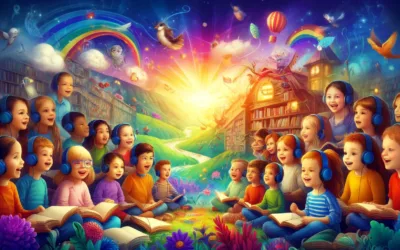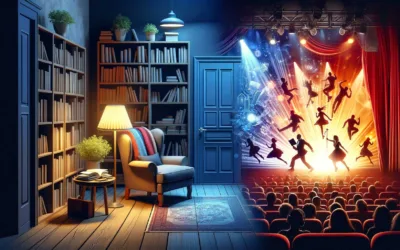The Beginnings of Audiobooks
Audiobooks, with their rich history and ability to captivate listeners, have transformed the way we experience literature.
The roots of audiobooks can be traced back to the late 1800s when Thomas Edison invented the phonograph, which paved the way for audio recordings. However, it wasn’t until the 1930s that audiobooks became more accessible, primarily for blind readers.
Organisations like the American Foundation for the Blind and the Library of Congress played crucial roles in the production and distribution of early audiobooks. The format gained popularity in the mid-20th century, reaching a wider audience.
Rise of Audiocassettes
The introduction of audiocassettes in the 1960s revolutionised the audiobook industry.
Compact, portable, and easy to use, audiocassettes made it convenient for people to listen to books on the go. This development led to a significant increase in the availability and accessibility of audiobooks, with more titles being recorded and distributed.
Libraries, schools, and music shops played crucial roles in making audiobooks widely available during this period.
Digital Revolution
The 1990s marked another milestone in the history of audiobooks with the advent of digital formats. The introduction of compact discs (CDs) brought higher audio quality and further expanded the popularity of audiobooks.
However, it was the shift to digital downloads that truly revolutionised the industry.
Platforms like Audible, launched in 1995, made it possible for audiobooks to be easily accessible on various devices, including smartphones, tablets, and dedicated audio players. The digital era ushered in a new era of convenience, allowing listeners to carry entire libraries in their pockets.
Future of Audiobooks
Looking ahead, the future of audiobooks is promising. With increasing numbers of people incorporating audiobooks into their daily lives, the industry is expected to continue its upward trajectory. Emerging technologies, such as smart speakers like Amazon Echo and Google Home, offer new avenues for audiobook consumption within the comfort of one’s home.
There is also the rise of dramatised audiobooks from the likes of Behear.
Behear takes a story, gives each character their own distinct voice, and then publishes the finished product as a series of episodes.




